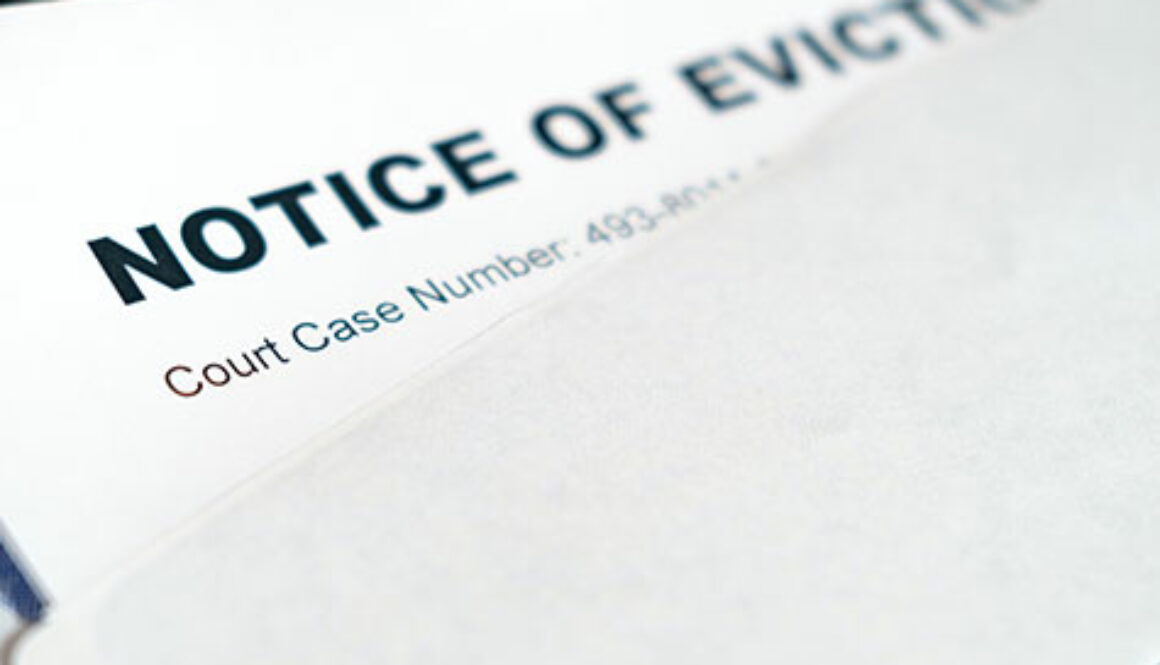As a landlord, the steady stream of rental income is not just a financial lifeline but also the bedrock of a successful property management venture. Unfortunately, the reality for many landlords involves facing the daunting challenge of tenants not paying rent. In this article, we’ll delve into the impact of unpaid rent on landlords and how it can ultimately lead to the difficult decision of eviction.
- The Financial Domino Effect:
Unpaid rent is more than a mere inconvenience – it’s a financial domino effect that can disrupt a landlord’s cash flow and jeopardize the ability to cover mortgage payments, property maintenance, and other essential expenses. As the days without payment accumulate, the financial strain on landlords intensifies.
- Open Communication:
The first step when dealing with a tenant who is falling behind on rent is to initiate open communication. Understanding the reasons behind the late payment can pave the way for a resolution. Life challenges such as job loss, health issues, or unforeseen circumstances may be factors that landlords can empathize with and find solutions for.
- Document Everything:
Should communication fail to yield results, landlords must meticulously document all interactions related to the unpaid rent. Keeping a record of written notices, emails, and any other relevant communication serves as crucial evidence in the event that legal action becomes necessary.
- Lease Agreement and Local Laws:
Before taking any further steps, landlords must review the lease agreement and familiarize themselves with local landlord-tenant laws. This understanding will guide the appropriate actions to be taken, ensuring that the eviction process is initiated legally and fairly.
- Serve a Formal Notice:
In many jurisdictions, serving a formal notice is a prerequisite to eviction. The most common notice is a “pay or quit” notice, giving the tenant a specific period, usually 3 to 5 days, to pay the overdue rent or vacate the premises. This notice should be drafted in accordance with local laws to ensure its validity.
- Legal Advice:
If the tenant remains non-compliant after the notice period, seeking legal advice is the next prudent step. A qualified attorney can guide landlords through the eviction process, ensuring that all actions are within the bounds of the law.
- Filing for Eviction:
In the unfortunate scenario where resolution remains elusive, landlords may have to file for eviction with the appropriate court. Timeliness and accuracy are essential during this phase, and legal counsel can offer invaluable support in navigating the court system.
- Court Hearing and Possession Order:
Attending the court hearing is a crucial part of the eviction process. If the court rules in favor of the landlord, a possession order is issued, granting the legal authority to reclaim the property.
- Enforcement and Property Recovery:
After obtaining a possession order, landlords work in coordination with law enforcement to enforce the eviction. This involves removing the tenant and regaining control of the property.
- Securing the Property and Moving Forward:
Once the property is vacated, landlords must secure it to prevent any potential damage. This may include changing locks, conducting necessary repairs, and reassessing the property’s condition.
Unpaid rent is a formidable challenge that landlords may face, often necessitating the difficult decision of eviction. By adhering to legal procedures, maintaining open communication, and seeking professional advice when needed, landlords can navigate these challenges with the goal of protecting their investment and maintaining financial stability. The key lies in finding a balance between compassion and firmness, aiming for resolution while safeguarding the interests of both parties involved.
Eviction becomes a necessary recourse when tenants consistently fail to meet their rent obligations or breach lease agreements. This often challenging and time-consuming procedure involves serving notices, filing court documents and attending hearings. Ultimately, eviction is a means to protect the landlord’s property investment and financial stability while upholding the legal rights and responsibilities of both parties involved.
Eviction can be a complex process that should be approached with care and adherence to the law. While it is a last resort, sometimes it becomes necessary to protect the interests of the landlord. By understanding the legal grounds, communicating effectively, seeking legal advice, and following the proper procedures, landlords can navigate eviction problems while maintaining legal compliance and safeguarding their property investments.
With Failure To Launch, landlords have an expedited and cost-effective solution to efficiently address eviction challenges without the usual prolonged timelines and costs associated with traditional legal channels.











